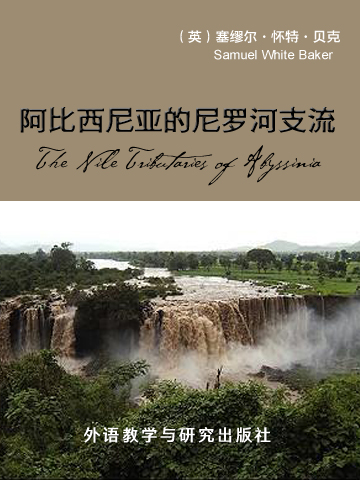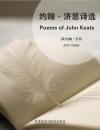生活太平静?跟随贝克爵士探寻尼罗河的源头吧。
WITHOUT troubling the public with a description of that portion of the Nile to the north of the first cataract, or with a detailed account of the Egyptian ruins, that have been visited by a thousand tourists, I will commence by a few extracts from my journal, written at the close of the boat voyage from Cairo :--
"May 8, 1861.--No air. The thermometer 104 degrees Fahr.; a stifling heat. Becalmed, we have been lying the entire day below the ruins of Philae. These are the most imposing monuments of the Nile, owing to their peculiar situation upon a rocky island that commands the passage of the river above the cataract. The banks of the stream are here hemmed in by ranges of hills from 100 to 250 feet high; these are entirely destitute of soil, being composed of enormous masses of red granite, piled block upon block, the rude masonry of Nature that has walled in the river. The hollows between the hills are choked with a yellow sand, which, drifted by the wind, has, in many instances, completely filled the narrow valleys. Upon either side of the Nile are vestiges of ancient forts. The land appears as though it bore the curse of Heaven; misery, barrenness, and the heat of a furnace are its features. The glowing rocks, devoid of a trace of vegetation, reflect the sun with an intensity that must be felt to be understood. The miserable people who dwell in villages upon the river's banks snatch every sandbank from the retiring stream, and immediately plant their scanty garden with melons, gourds, lentils, &c. this being their only resource for cultivation. Not an inch of available soil is lost; but day by day, as the river decreases, fresh rows of vegetables are sown upon the newly-acquired land. At Assouan, the sandbanks are purely sand brought down by the cataracts, therefore soil must be added to enable the people to cultivate. They dig earth from the ruins of the ancient town; this they boat across the river and spread upon the sandbank, by which excessive labour they secure sufficient mould to support their crops.
本书出版于1867年,记录了塞缪尔·贝克爵士在非洲探险,寻找尼罗河源头的经历。贝克爵士这位19世纪英国最重要的探险家,在妻子弗洛伦斯的陪伴下花了整整一年时间探寻了尼罗河的每一条支流。
Published in 1867, Sir Samuel Baker's journal describes his expedition to Africa in search of the source of the Nile. Baker (1821-93), one of the most important British explorers of the nineteenth century, undertook a twelve-month journey to examine every individual tributary to the Nile, accompanied throughout by his wife Florence (whom he had first encountered in an Ottoman slave market). Reflecting his passion for exploring and his strength of character, Baker's highly descriptive, witty and fluid writing records his dangerous and difficult project, telling fascinating stories of the native people as well as relaying the facts of his exploration. From his hunting expeditions with the Hamran Arabs to his extensive journeys on camel-back and his life at camp, Baker's experiences are far removed from today's world, and his vivid descriptions provide the reader with an invaluable insight into what life was like in Africa in the mid-nineteenth century.
- PREFACE.
- CHAPTER I.
- CHAPTER II.
- CHAPTER III.
- CHAPTER IV.
- CHAPTER V.
- CHAPTER VI.
- CHAPTER VII
- CHAPTER VIII.
- CHAPTER IX.
- CHAPTER X.
- CHAPTER XI.
- CHAPTER XII.
- CHAPTER XIII.
- CHAPTER XIV.
- CHAPTER XV.
- CHAPTER XVI.
- CHAPTER XVII.
- CHAPTER XVIII.
- CHAPTER XIX.
- CHAPTER XX.
- CHAPTER XXI.
- CHAPTER XXII.
- PREFACE
- 书评 写书评
- 笔记
-
书评加载中...














 京公网安备 11010802032529号
京公网安备 11010802032529号
笔记加载中...